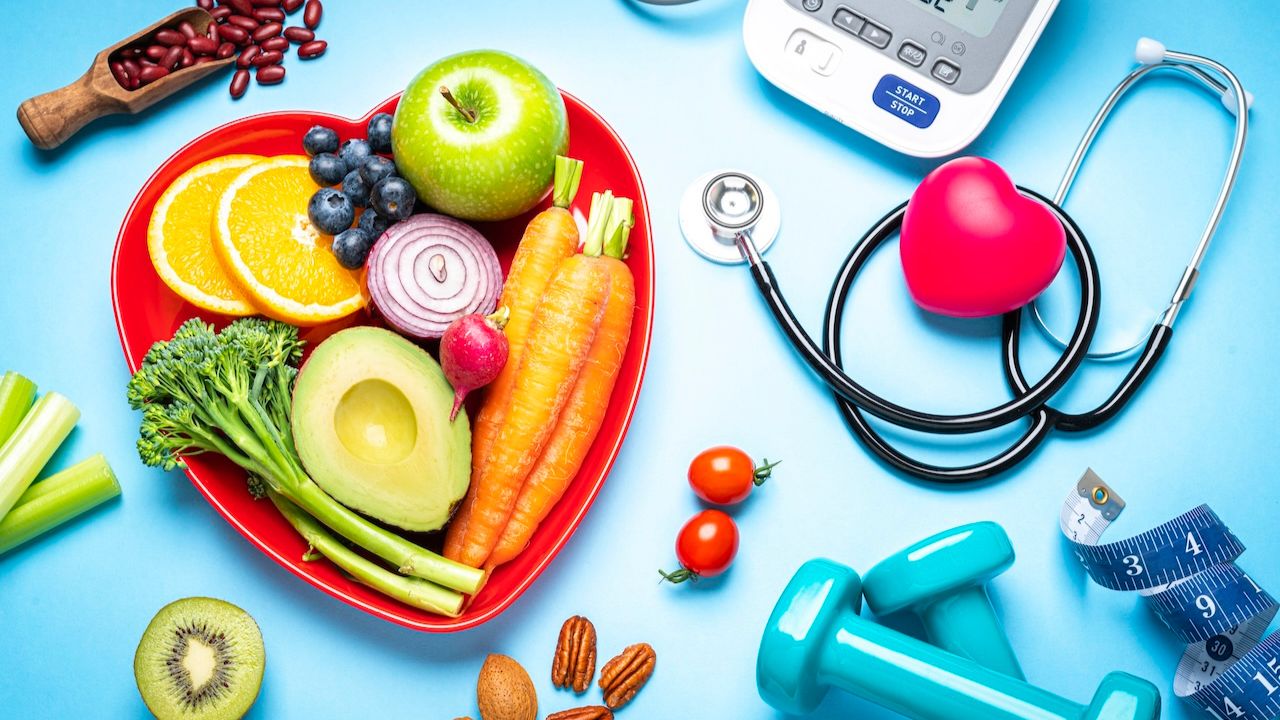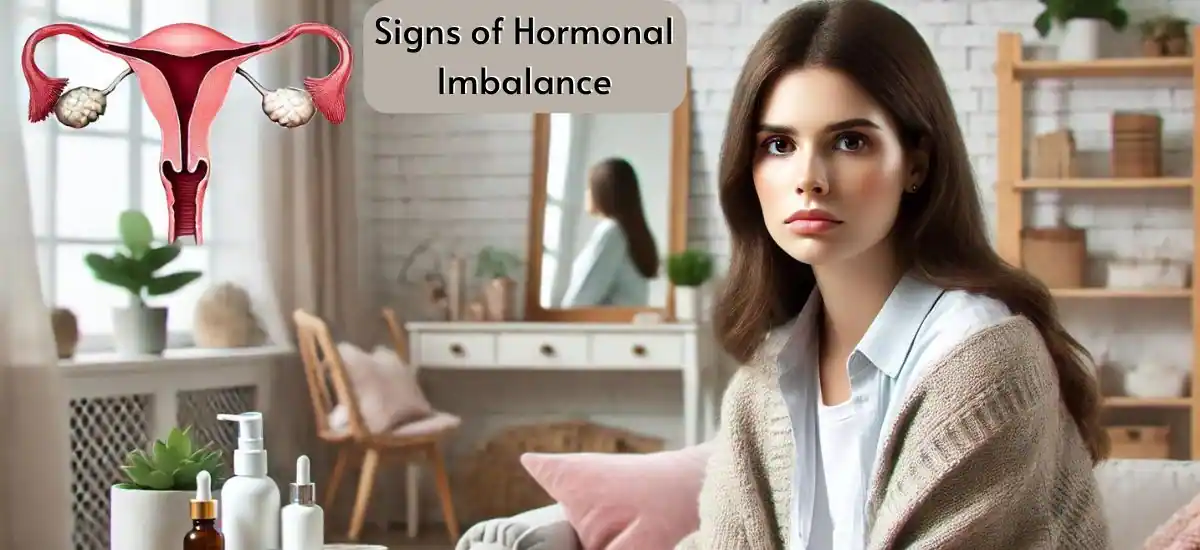Hormonal imbalances can disrupt your physical and emotional health, manifesting through various signs that are often overlooked. Symptoms such as irregular menstrual cycles, unexpected weight changes, persistent fatigue, and mood swings can indicate that your hormonal levels may be off. Understanding these signs is crucial for addressing any underlying issues before they evolve into more serious health problems. If you experience these symptoms consistently, it might be a signal of a hormonal imbalance, and seeking medical advice could be a necessary step to regain balance and improve your overall health.
Understanding Hormones and Their Roles
What Are Hormones?
Think of hormones as your body’s personal messengers. They zip around in your bloodstream, giving orders to your organs and tissues about what to do next. Whether it’s helping you digest your lunch, grow your hair, or feel excited about a date, hormones are behind the scenes, making things happen.
Role of the Endocrine System
The endocrine system is like the conductor of an orchestra, making sure every gland and hormone plays its part at the right time. It keeps a close eye on how much of each hormone is floating around and sends signals to increase or decrease production as needed. When everything works as it should, your body stays balanced and feels good. But if something throws off this balance, like stress or illness, it can lead to problems that might affect your mood, weight, and overall health.
Common Signs of Hormonal Imbalance

1. Irregular Menstrual Cycles
If your period is as unpredictable as the weather, it could be a sign that your hormones are out of balance. Normally, a menstrual cycle should be between 21 to 35 days long. If yours is shorter, longer, or missing sometimes, it’s a heads-up that something might be off.
2. Unexplained Weight Fluctuations
Have you noticed your weight changing even though your eating habits haven’t? Hormones like insulin, which manages your blood sugar, and leptin, which controls your appetite, could be out of whack. This can make you suddenly gain or lose weight without an obvious reason.
3. Fatigue and Sleep Disturbances
Do you feel exhausted no matter how much sleep you get? Or maybe you find it hard to fall asleep or wake up often during the night? Hormones like cortisol, which helps us handle stress, and melatonin, which helps us sleep, might not be doing their jobs properly. This can leave you feeling tired all day and wide awake at night.
4. Mood Swings and Mental Health Changes
Feeling like you’re on an emotional seesaw? Changes in your mood and mental health can often be linked to hormones. Estrogen and testosterone, for example, can greatly influence how you feel emotionally. If these hormones get out of balance, you might feel great one minute and down the next, without understanding why.
Hormonal Imbalance in Different Life Stages
Puberty
Puberty is like hitting the fast-forward button on your body’s growth, and hormones are in the driver’s seat. During this time, it’s normal to see rapid changes in the body and mood. If these changes seem extreme or out of step with peers, it could be a sign of hormonal issues. For instance, very early or very delayed puberty might signal an imbalance.
Reproductive Years
During the reproductive years, both men and women should expect a certain rhythm to their hormonal flow. Women might notice cycles that become irregular or symptoms that seem intensified, which could suggest issues like PCOS or thyroid disorders. Men might experience changes in libido or energy levels, which also point to possible hormonal imbalances.
Menopause and Andropause
As we age, everyone goes through a kind of hormonal wind-down, which for women is menopause and for men, andropause. Symptoms like hot flashes, sleep problems, and mood swings in women, and decreased motivation, mood changes, and physical symptoms in men, are common. However, when these symptoms are severe, they may be more than just age-related changes and could indicate hormonal imbalances that need attention.
Impact of Lifestyle on Hormonal Health

Diet and Nutrition
What you eat can have a big impact on your hormones. Foods high in refined sugars and processed ingredients can mess with your insulin, while a lack of certain nutrients can affect thyroid function. Eating a balanced diet rich in fruits, vegetables, whole grains, and lean proteins can help keep your hormones in harmony.
Physical Activity
Regular exercise does more than just keep you fit—it helps balance your hormones. Activities like yoga, walking, or strength training can reduce stress hormones like cortisol and adrenaline over time while boosting hormones that make you feel good, like endorphins.
Stress Management
Ever notice how stress can make everything feel off? That’s because it has a big impact on your hormones. Managing stress through techniques like meditation, mindfulness, or just taking time to relax can help keep your cortisol levels in check and your endocrine system running smoothly.
When to Seek Medical Advice
Knowing when to see a doctor can be crucial. If you’re experiencing any of the signs we’ve talked about—especially if they’re severe or affecting your quality of life—it’s a good idea to consult with a healthcare provider. They can offer tests to check hormone levels and other factors that might be contributing to your symptoms.
Frequently Asked Questions
Q1. What is a hormonal imbalance?
Ans: A hormonal imbalance occurs when there is too much or too little of a hormone in the bloodstream. Due to their essential role in the body, even small imbalances can cause side effects throughout the body.
Q2. What are the most common signs of hormonal imbalance in women?
Ans: For women, signs can include irregular menstrual cycles, severe PMS symptoms, unexplained weight gain or loss, fatigue, and mood swings.
Q3. What are some signs of hormonal imbalance in men?
Ans: Men might experience symptoms such as decreased libido, fatigue, depression, and changes in body weight and muscle mass.
Q4. How can I naturally balance my hormones?
Ans: Maintaining a healthy diet, regular physical activity, managing stress, and getting sufficient sleep are crucial steps to help naturally balance your hormones.
Q5. When should I see a doctor about hormonal imbalance?
Ans: If you’re experiencing any persistent symptoms of hormonal imbalance, it’s a good idea to consult with a healthcare provider for a proper diagnosis and treatment plan.
Conclusion
Being tuned into the signs of hormonal imbalance is crucial for maintaining not just your physical health, but also your emotional wellbeing. By keeping an eye on the symptoms we’ve discussed, you can catch potential issues early and manage them effectively with the help of healthcare professionals. Remember, you know your body best—if something feels off, it’s worth getting it checked out.


